Dean's Office Administrative Services
Administrative Services serves as a clearinghouse for all financial and budgetary aspects of the clinical and basic health sciences departments, and Dean's Office units.
All requisitions, direct pays and travel reimbursements are processed through Administrative Services. Additionally, documentation for purchasing card transactions and unit-initiated VCU services such as Mail Services and Media Services are submitted to Administrative Services.
Office of Research Administration
The Office of Research Administration (SOMRA) partners with faculty, departments, university, and health system offices to ensure sound administrative and financial management of research.
Contact Us
Finance and Administration
VCU School of Medicine
Physical Address: McGlothlin Medical Education Center (MMEC), 1201 E Marshall St., 4th Floor
Mailing Address: Box 980565
Richmond, Virginia 23298-0565
Phone: (804) 828-9794
Fax: (804) 828-7628
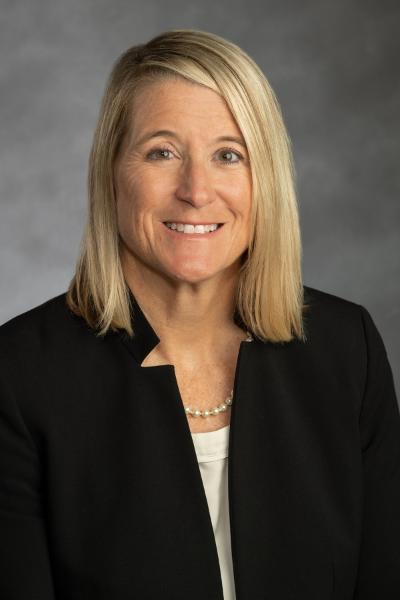
Cathy Wood
Senior Associate Dean, Finance and Administration

Cathy Wood
Senior Associate Dean, Finance and Administration
School of Medicine Dean's Office
Email: catherine.wood@vcuhealth.org
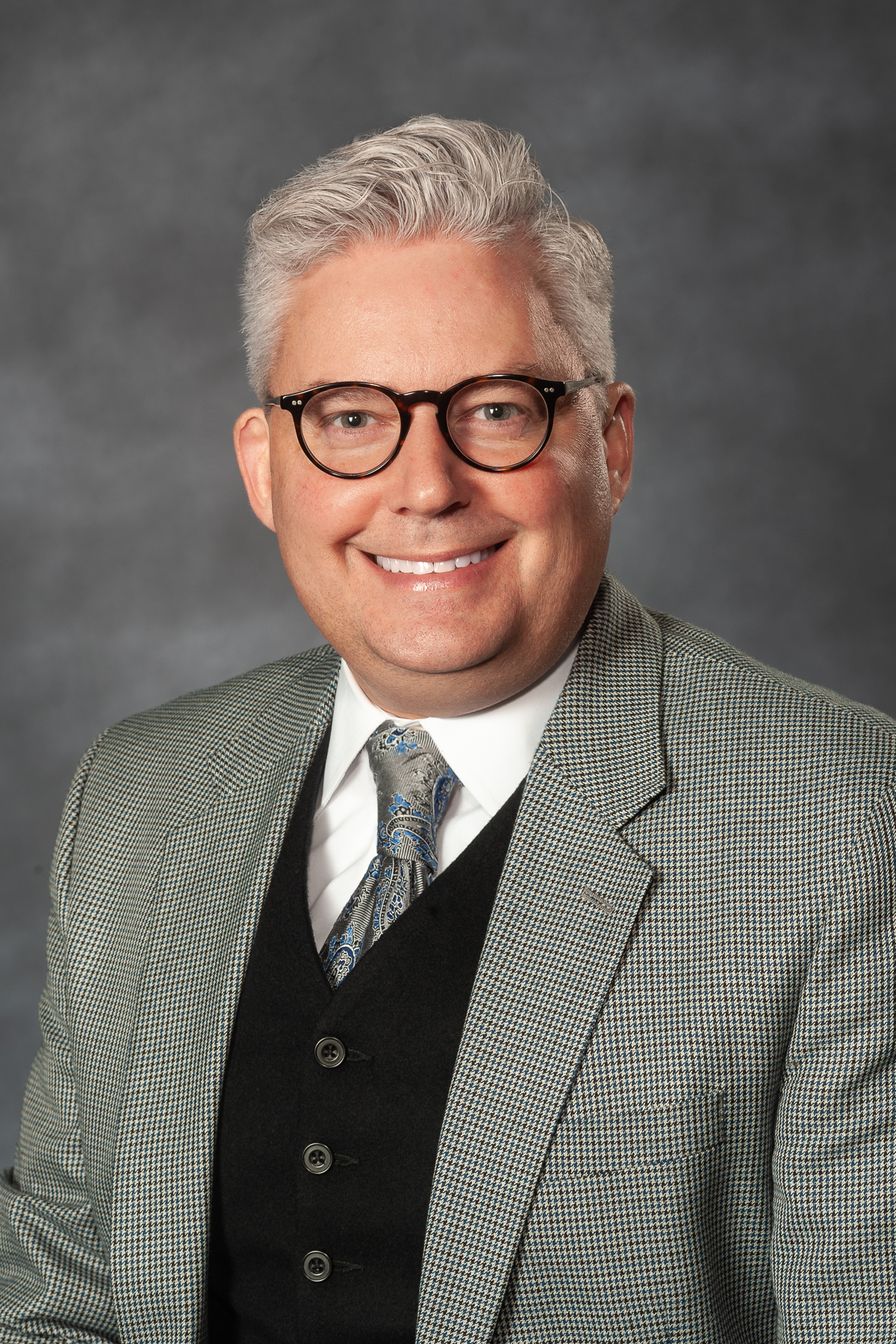
Paul F. Peterson
Assistant Dean for Administration

Paul F. Peterson
Assistant Dean for Administration
Finance and Administration
Phone: (804) 828-3054
Fax: (804) 828-7628
Email: Paul.Peterson@vcuhealth.org
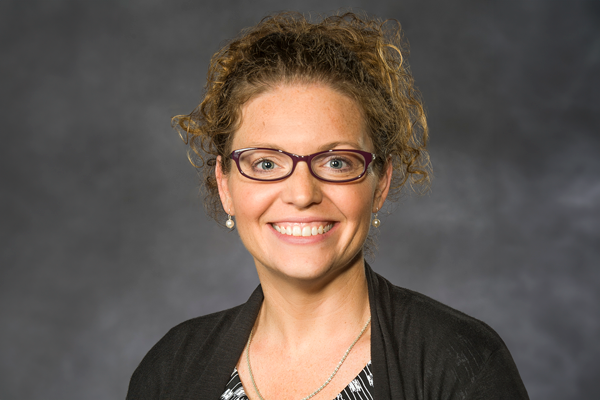
Tricia Gibson, MS, CRA, CCRP
Assistant Dean, Research Administration

Tricia Gibson, MS, CRA, CCRP
Assistant Dean, Research Administration
Office of Research Administration
Phone: (804) 828-9275
Fax: (804) 828-7628
Email: tricia.gibson@vcuhealth.org
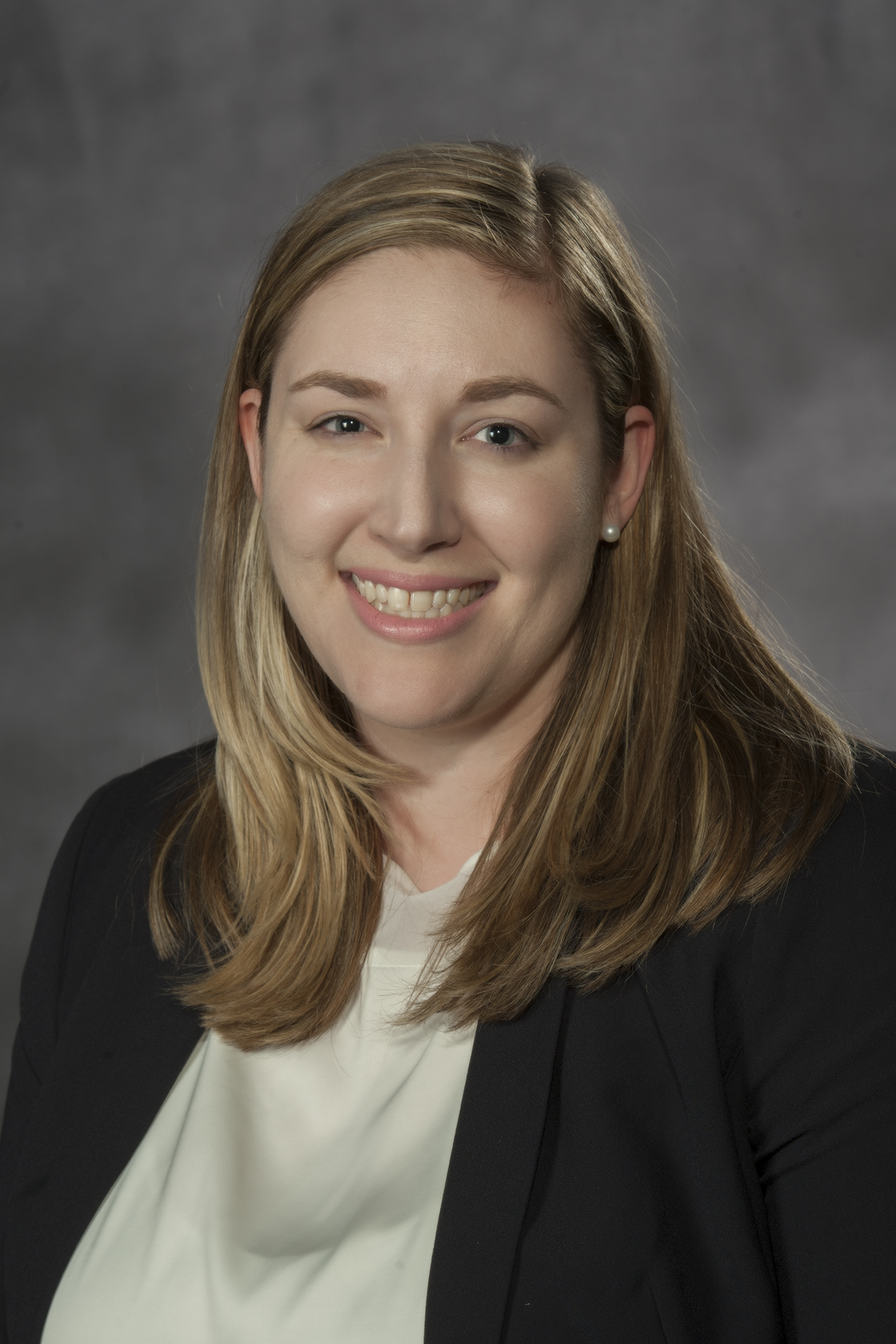
Heather Brickley
Executive Assistant

Heather Brickley
Executive Assistant
VCU School of Medicine Dean's Office
Phone: 804-828-9794
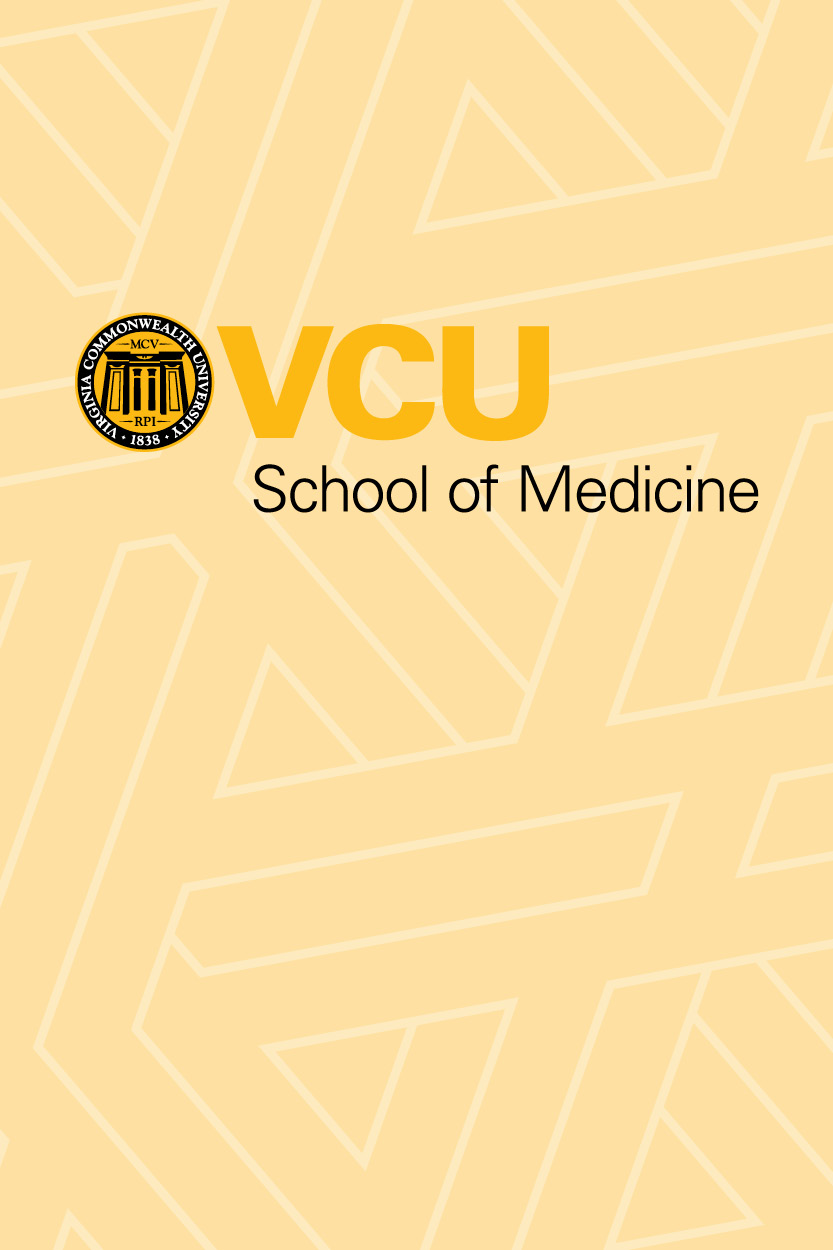
Jeff D'Ambrosio
Assistant Dean of Academic Finance

Jeff D'Ambrosio
Assistant Dean of Academic Finance
Finance and Administration
Phone: (804) 628-3440
Email: jeffrey.dambrosio@vcuhealth.org
Address/Location:
MMEC 4th Floor, Room 4-233

Meredith Lane
Director of HR, Dean's Office

Meredith Lane
Director of HR, Dean's Office
Finance and Administration
Phone: (804) 690-2880
Email: meredith.lane@vcuhealth.org
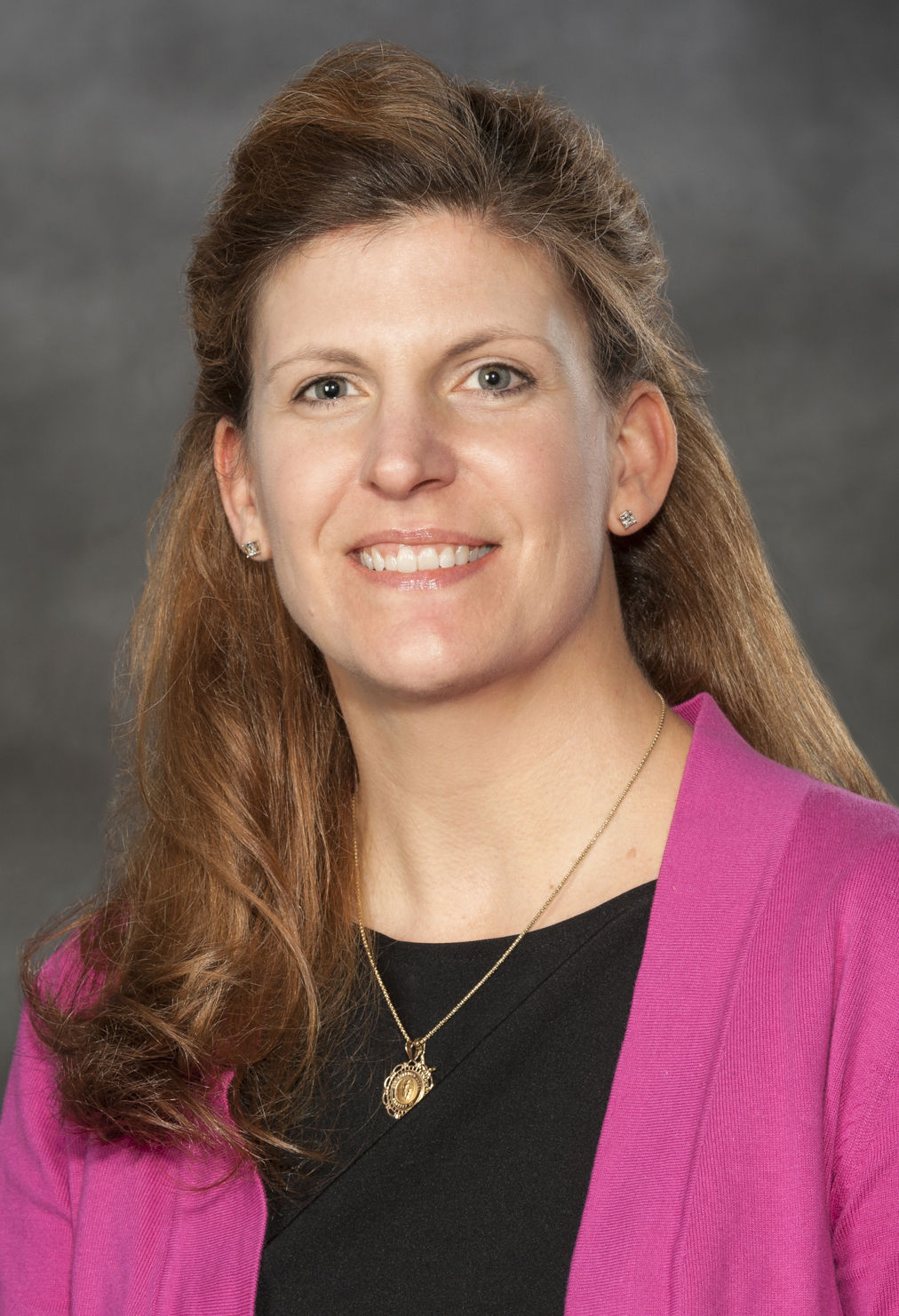
Rebecca Mattauch
Director of Data Analytics and Business Intelligence

Rebecca Mattauch
Director of Data Analytics and Business Intelligence
Finance and Administration
Phone: (804) 628-0250
Email: rebecca.mattauch@vcuhealth.org
Address/Location:
MMEC 4th Floor, Room 4-232
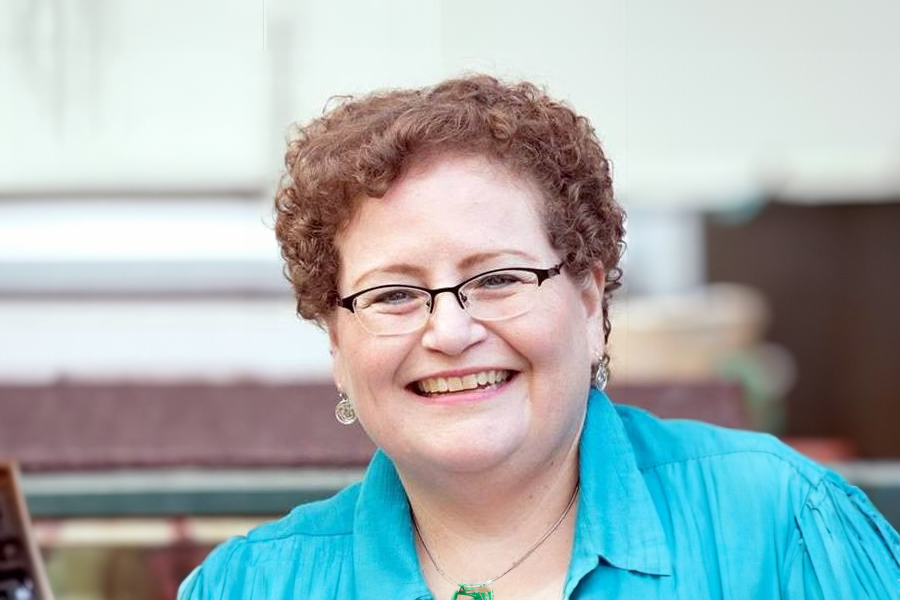
Ruth McIntosh-Brandt
Resource and Budget Manager

Ruth McIntosh-Brandt
Resource and Budget Manager
Finance and Administration
Phone: (804) 828-6040
Fax: (804) 828-6011
Email: ruth.mcintosh-brandt@vcuhealth.org
Address/Location:
MMEC 4th Floor, Room 4-230

Lori Pfister
Director of Business Operations

Lori Pfister
Director of Business Operations
Finance and Administration
Email: lori.pfister@vcuhealth.org
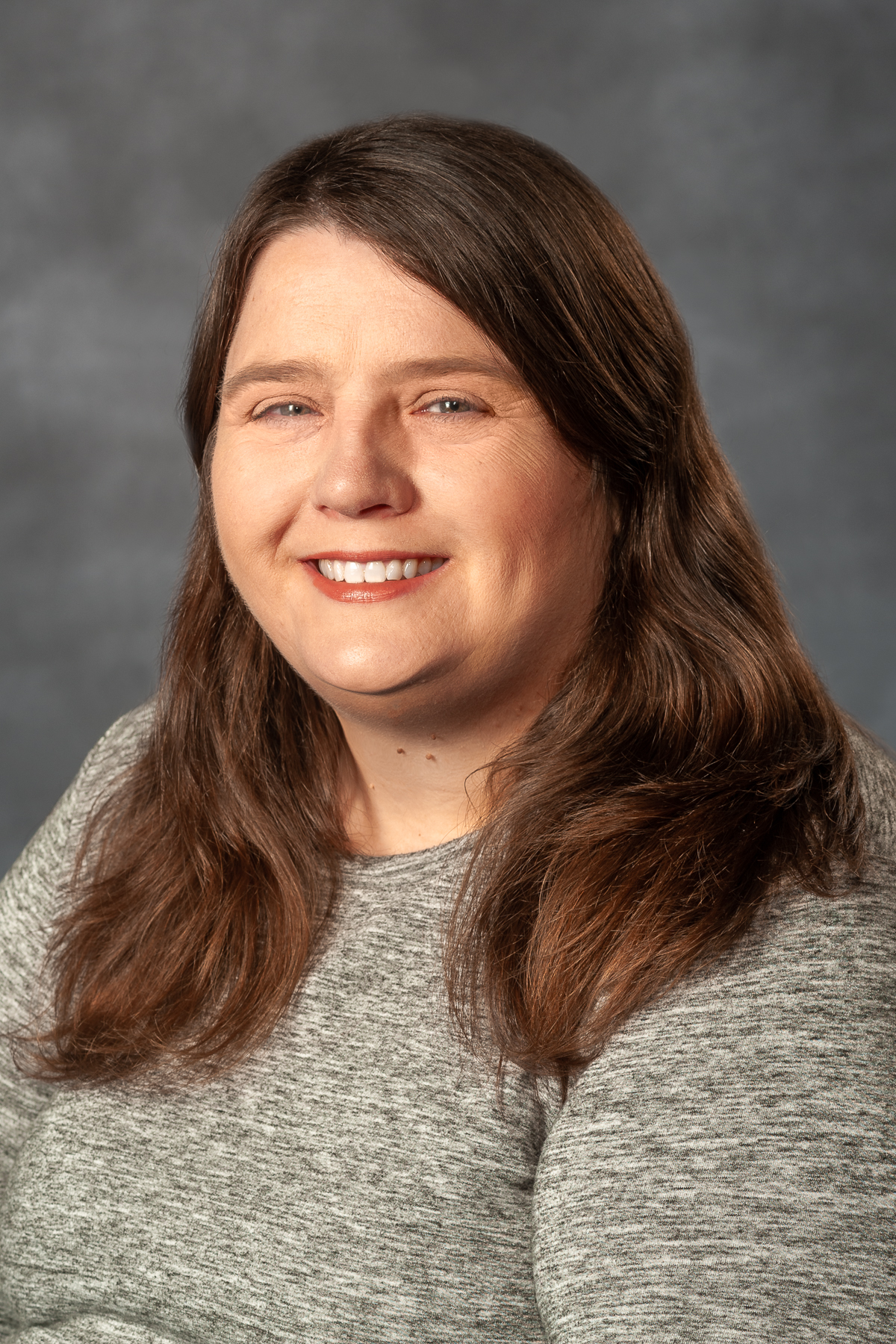
Ann-marie Taranto
Director of HR, Basic Health Sciences

Ann-marie Taranto
Director of HR, Basic Health Sciences
Finance and Administration
Phone: (804) 828-2044
Fax: (804) 828-6011

Courtney Tucker
Fiscal Analyst

Courtney Tucker
Fiscal Analyst
Finance and Administration
Phone: (804) 828-2897
Email: courtney.tucker@vcuhealth.org
Address/Location:
MMEC 4th Floor, Rm 4-231

Brittany Usera
Senior HR Coordinator

Brittany Usera
Senior HR Coordinator
Finance and Administration
Phone: (804) 828-3411
Email: brittany.usera@vcuhealth.org
Address/Location:
Sanger, Room 1-025

Rachel Worthington
Director of Resource and Budget Management

Rachel Worthington
Director of Resource and Budget Management
Finance and Administration

Donald Yat
Fiscal Analyst

Donald Yat
Fiscal Analyst
Finance and Administration
Phone: (804) 828-3745
Email: donald.yat@vcuhealth.org
Address/Location:
MMEC 4th Floor, Room 4-231